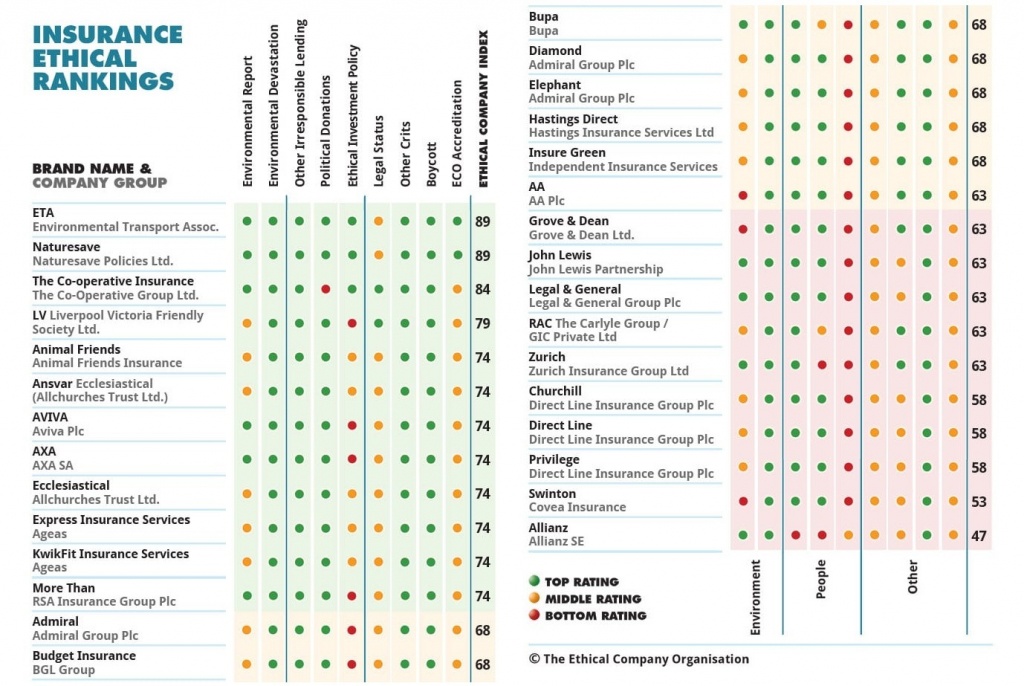
The Covid pandemic may yet leave a positive legacy. Amidst the human tragedy is a growing realisation that we are abusing and depleting the natural resources of our planet. So says Partha Dasgupta, Professor at Cambridge and author of The Dasgupta Review, a major report on the economics of biodiversity commissioned by the UK Treasury.
According to the report, governments must recognise that whilst nature is our home, it fails to feature in government statistics anywhere in the world. In the same way that commercial firms have balance sheets, we need a national and global balance sheet that includes natural assets and accounts for the value of natural ecosystems as well as artificial natural resources such as farmland or urban green land. At present GDP does not include depreciation of assets.
Dasgupta says food production must be fundamentally restructured to lessen our impact on nature – we need to waste less food and shift diets away from meat – and there should be a focus on education. Dasgupta suggests there is every reason universities should require students to take a basic ecology course, in the same way that American universities once made students take a course on the history of western civilisation.
Governments have poor form in this area – a major report 11 years ago made similar recommendations surrounding the critical need to safeguard biodiversity. Nothing came of the report but with a new post-pandemic view of the world, perhaps this time it is voters who will drive the change we so badly need.
Ethical insurance
The Good Shopping Guide each year reveals the good, the bad, and the ugly of the world’s companies and brands, with a view to supporting the growth of social responsibility and ethical business as well as a more sustainable, just society.
Beating household-name insurance companies such as John Lewis and the Co-op, the ETA has earned an ethical company index score of 89 putting us ahead of many household names.
The ETA was established in 1990 as an ethical provider of green, reliable travel services. 30 years on, we continue to offer cycle insurance, breakdown cover and home insurance while putting concern for the environment at the heart of all we do.
According to The Good Shopping Guide: “There are some insurers who can be regarded as ‘ethical specialists’. Naturesave places 10 per cent of premiums into a fund which finances projects that benefit the environment. The company offers a free environmental performance review to businesses and charities to help spread awareness of sustainable development. The ETA aims to bring about positive changes in Britain’s travel habits by raising awareness about the impact of excessive car use. It provides bicycle insurance as well as breakdown cover for cars and mobility scooters. See eta.co.uk for further details.”

c.clarke
Congratulations on achieving the top rating on the Ethical Insurance Ratings chart researched by Ethical Consumer. I note that ‘Legal Status’ is the only column you dont achieve a fully positive mark; what does that mean? Otherwise, excellently well done.
The ETA
Many thanks. In this case, legal status relates to ownership structure. For example, privately owned, mutual, cooperative etc